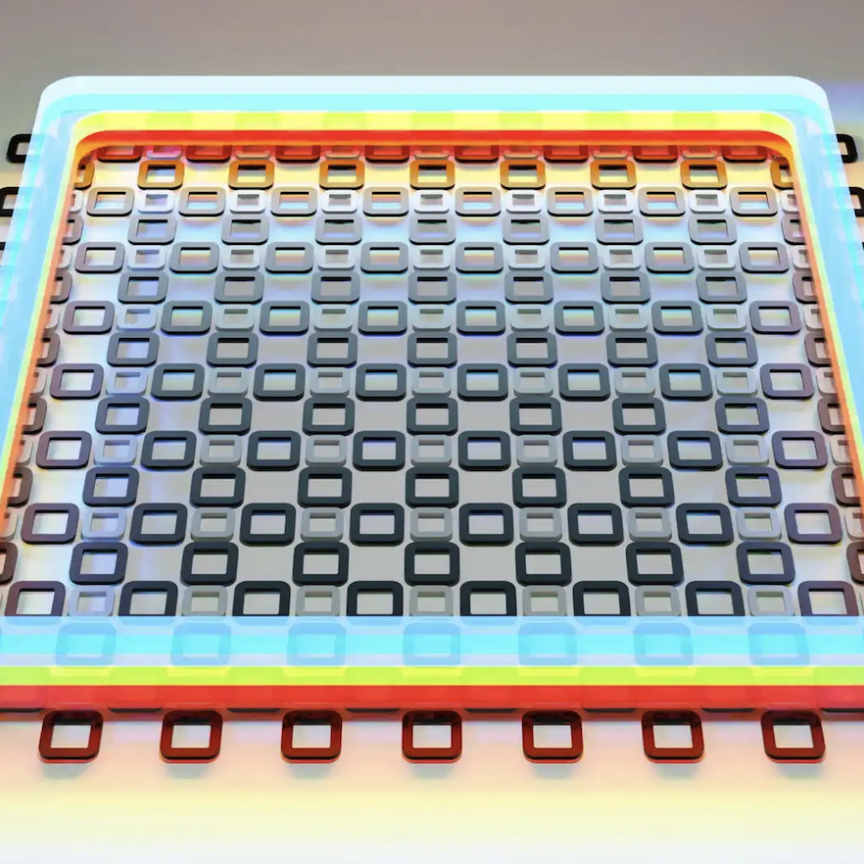A team of researchers from the University of Central Florida and the University of Rochester in America have developed a solution for interferometers that opens up new ways of analysing light beams in space instead of time.
The solution will be presented by the researchers at the Frontiers in Optics/Laser Science event in Rochester, USA on 17-21 October.
Interferometers separate a beam of light into two paths and then bring those rays back together again. By introducing a delay into one of the light paths, scientists can make highly precise measurements, allowing interferometers to be used for applications such as detecting gravitational waves, or teasing apart the interactions of molecules within the body.
The American researchers have developed a device called the Hilbert-space analyser that operates as a beam splitter by introducing a generalised delay, which avoids adding extra length to the beam paths. Instead, it manipulates the beam and transforms it using devices known as spatial light modulators.
Traditional delays in interferometers can be used to obtain the spectrum of an optical signal, whereas a generalised delay can be used to extract the contributions of other waveforms, also known as modal sets, to an optical beam.
According to co-author Ayman Abouraddy, associate professor of optics and photonics at the University of Central Florida: ‘[Now] we don’t need to find new approaches for new modal sets: the Hilbert-space analyser is a one-stop shop for all your modal analysis needs.’
The new device can be used to introduce a generalised delay for a range of applications. ‘For now, the most interesting application for Hilbert-space analysers is in optical communications, which uses light to carry information across some distance,’ Abouraddy said. The technology is useful where the physical connections are impractical due to high costs or other considerations.
Further Information:

